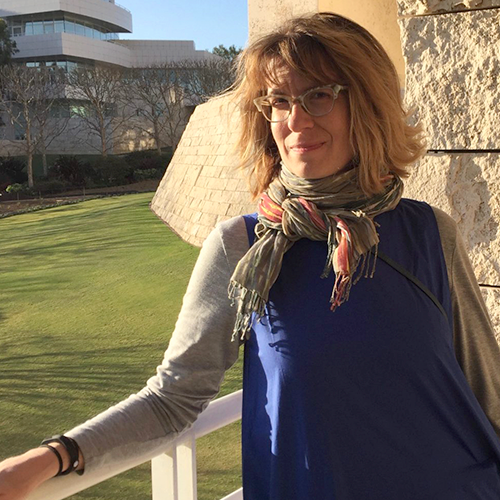
Principal Investigator
Alexis L. Boylan
Alexis L. Boylan is the director of academic affairs of the University of Connecticut Humanities Institute (UCHI) and an associate professor with a joint appointment in the Art and Art History Department and the Africana Studies Institute. She is the author of Visual Culture (MIT Press, 2020), Ashcan Art, Whiteness, and the Unspectacular Man (Bloomsbury Academic, 2017), co-author of Furious Feminisms: Alternate Routes on Mad Max: Fury Road (University of Minnesota, 2020), editor of Thomas Kinkade, The Artist in the Mall (Duke University Press, 2017), and editor of the forthcoming Ellen Emmet Rand: Gender, Art, and Business (Bloomsbury Academic, 2020). She has published in American Art, Archives of American Art Journal, Boston Review, Journal of Curatorial Studies, and Public Books. Her next book focuses on the art created for the American Museum of Natural History (AMNH) in New York City and how art and science antagonize and inspire cultural dialogues about truth and knowledge.
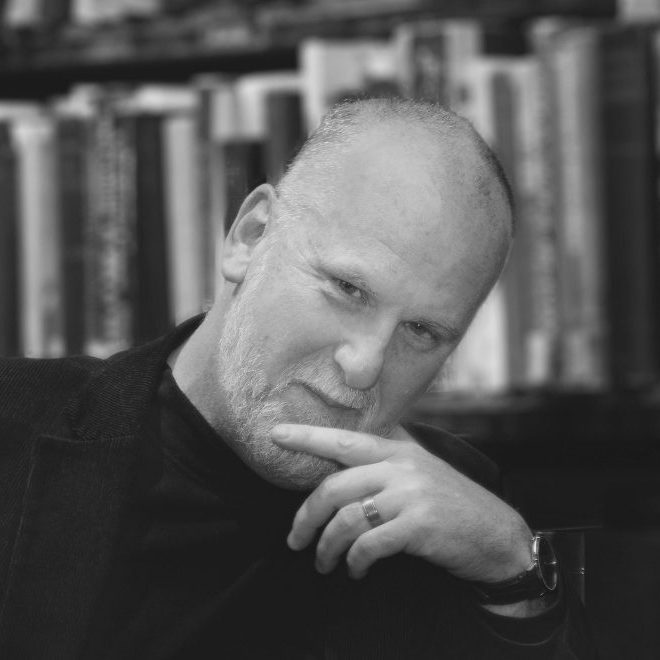
Co-Principal Investigator
Michael P. Lynch
Michael P. Lynch has spent his career trying to understand what truth is and why it matters. He is Board of Trustees Distinguished Professor of Philosophy and the Director of UConn Humanities Institute and the author of the Choice Award-winning Truth in Context, the New York Times Editor’s Pick, True to Life: Why Truth Matters, and Truth as One and Many and is co-editor of the forthcoming The Nature of Truth, 2nd ed. View Michael's departmental profile.
Our Team
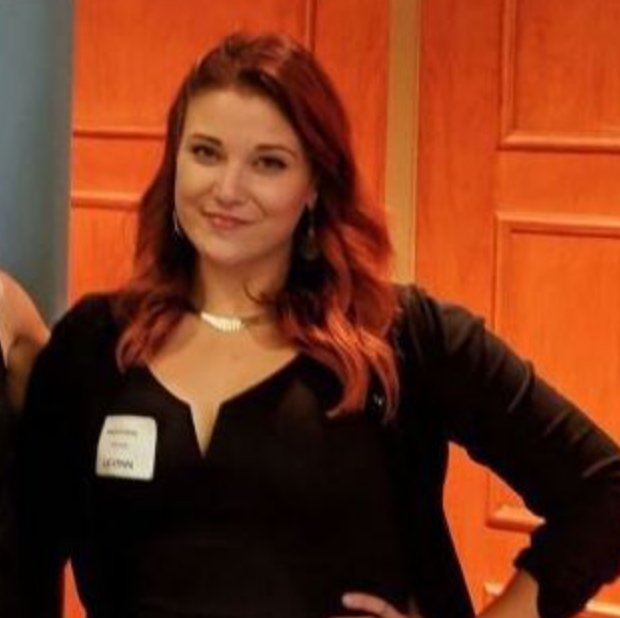
Administrative Manager and Financial Officer
Nasya Al-Saidy
Nasya Al-Saidy is an environmental economist and manages the programs and finances for the Humanities Institute. She received her Master’s Degree in Economics from the University of Connecticut, specializing in Environmental Economics and Microeconomic Theory. While at the University of Massachusetts Boston, Nasya explored the cost-effectiveness of phytoremediation to reduce brownfield pollution in Boston’s low-income urban areas. She also worked with the Mauricio Gastón Institute to apply economic theory to public policy in the Boston area, with a focus on issues vital to the Latino community. Her current work seeks to develop and improve upon the game theoretic models used within the emissions permit market.
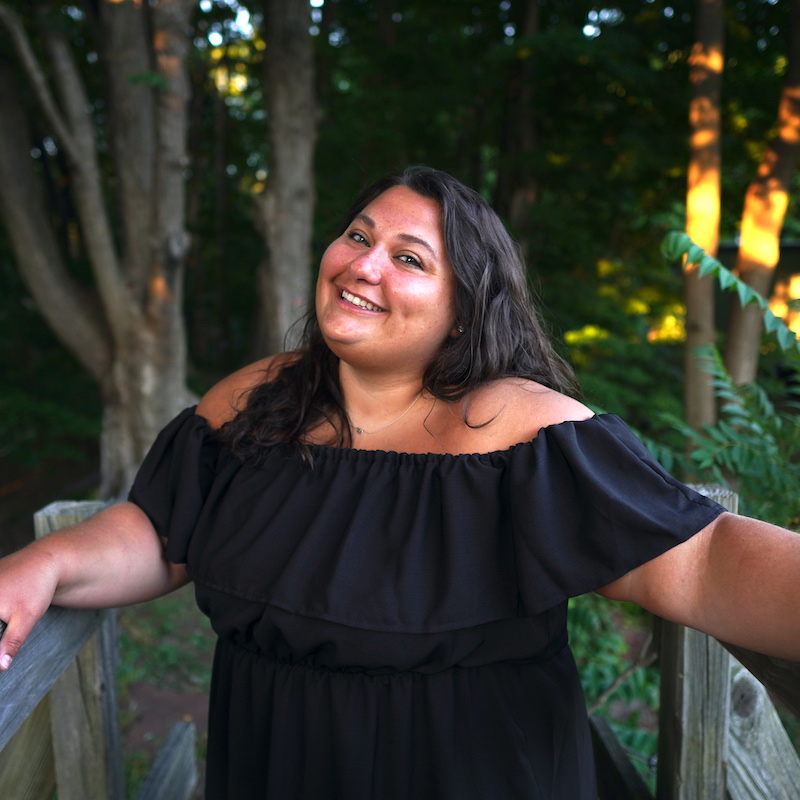
Administrative Program Support
Mary Volpe
Mary Volpe is the administrative program support at UCHI. She has a master’s degree in higher education administration and a bachelor's degree in Hospitality and Tourism. In addition to her work at UCHI, Mary also teaches a First-year experience course at UConn.
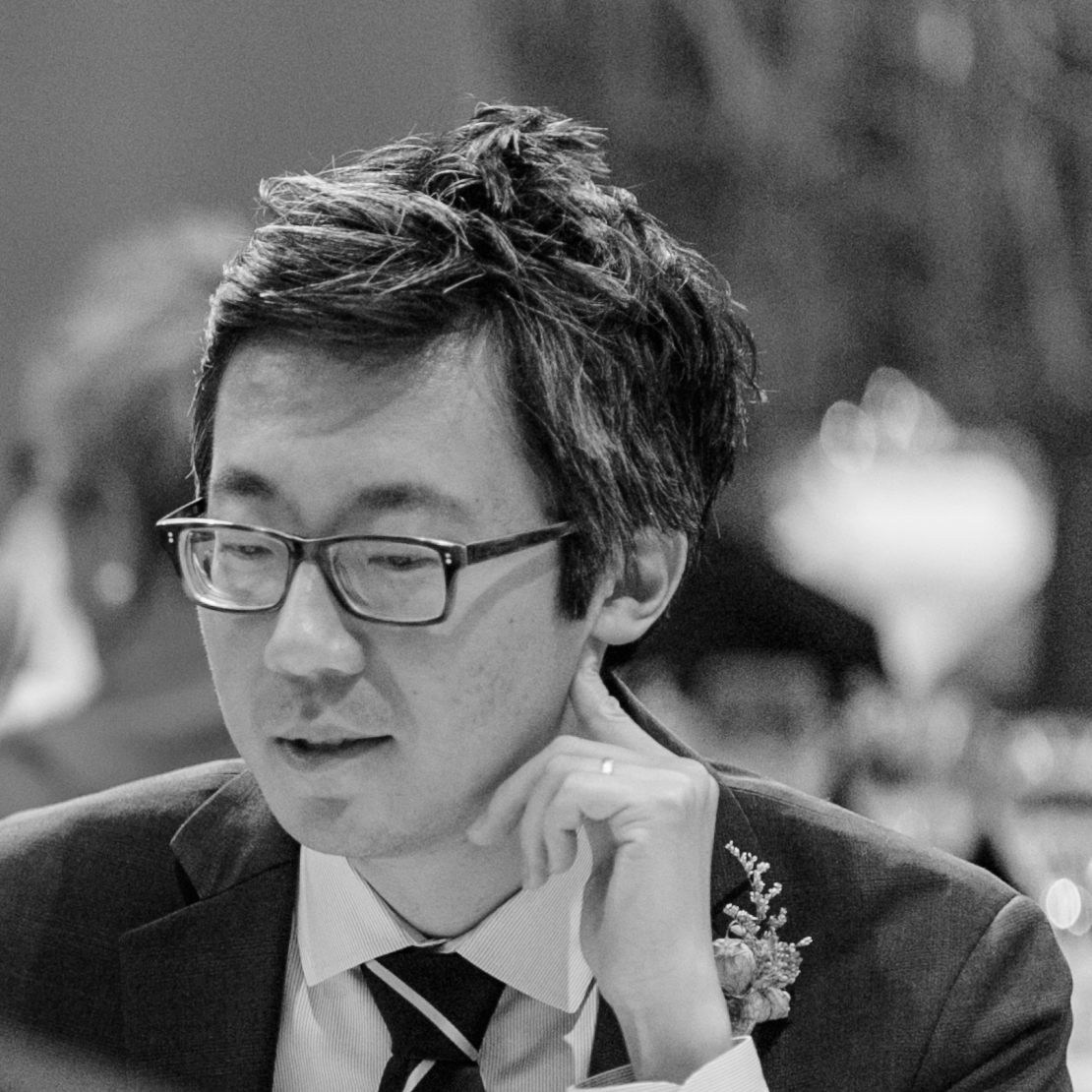
Core Faculty
Yohei Igarashi
Yohei Igarashi is an associate professor of English and Assistant Director of Digital Humanities and Media Studies in the Humanities Institute at the University of Connecticut. He is the author of The Connected Condition: Romanticism and the Dream of Communication (Stanford University Press, 2019). His articles have appeared in New Literary History, Romantic Circles, and Studies in Romanticism, the last receiving the Keats-Shelley Association of America annual essay prize in 2015. His current projects are on topics including the datafication of literary works and the history of the relation between high school and collegiate literary studies. View Yohei's departmental profile.
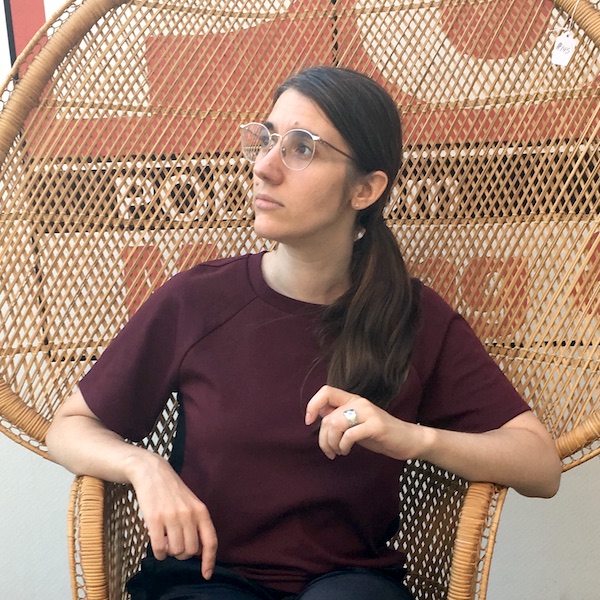
Assistant Professor in Residence, History
Elizabeth Della Zazzera
Elizabeth Della Zazzera is a historian of modern Europe. She received her Ph.D. in history from the University of Pennsylvania in 2016, and comes to the Humanities Institute after spending two years as ACLS/Mellon public fellow and digital producer at the magazine of history and ideas Lapham’s Quarterly. Her current book project explores the role of the periodical press, the theatre, and literary sociability in the bataille romantique. Elizabeth serves as UCHI's director of communications.

Research Assistant
Daniel Pfeiffer
Daniel Pfeiffer received a Ph.D. in the English from the University of Connecticut in 2022. He specializes in contemporary American fiction and culture, with a particular focus on political economy. His dissertation studies New York City art novels after the creative economic turn. He served as a research assistant for the Humanities Institute from 2020 to 2022.
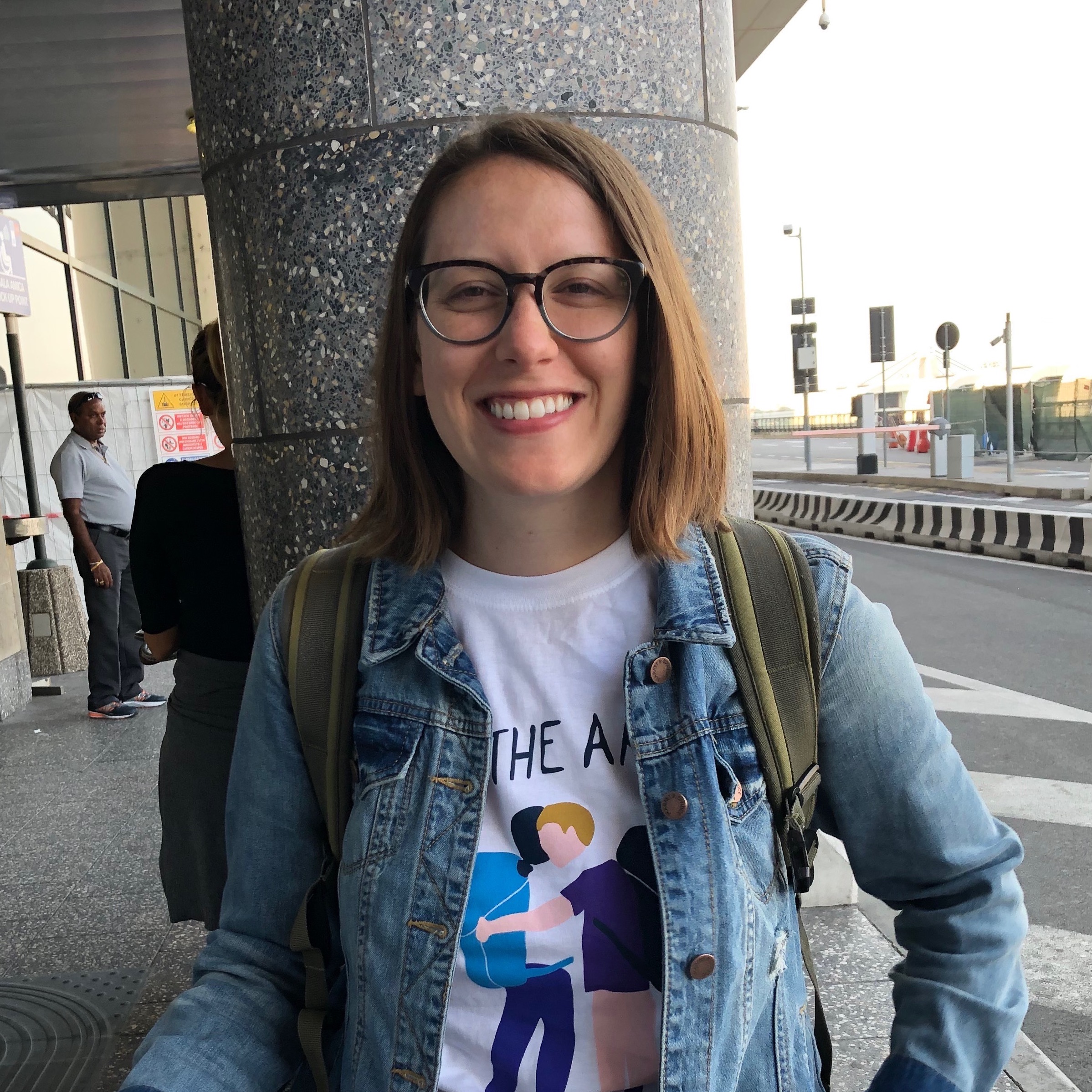
Research Assistant
Katrina Kish
Katrina Kish is a Ph.D. candidate in the Philosophy department at the University of Connecticut. She studies philosophy and English literature at California State University Fullerton and began UConn's graduate program in philosophy in fall 2019. Her research interests include social, political, and virtue epistemology, feminist theory, social metaphysics, and moral and political philosophy. She is currently serving as a research assistant for the Humanities Institute.
Future of Truth Fellows
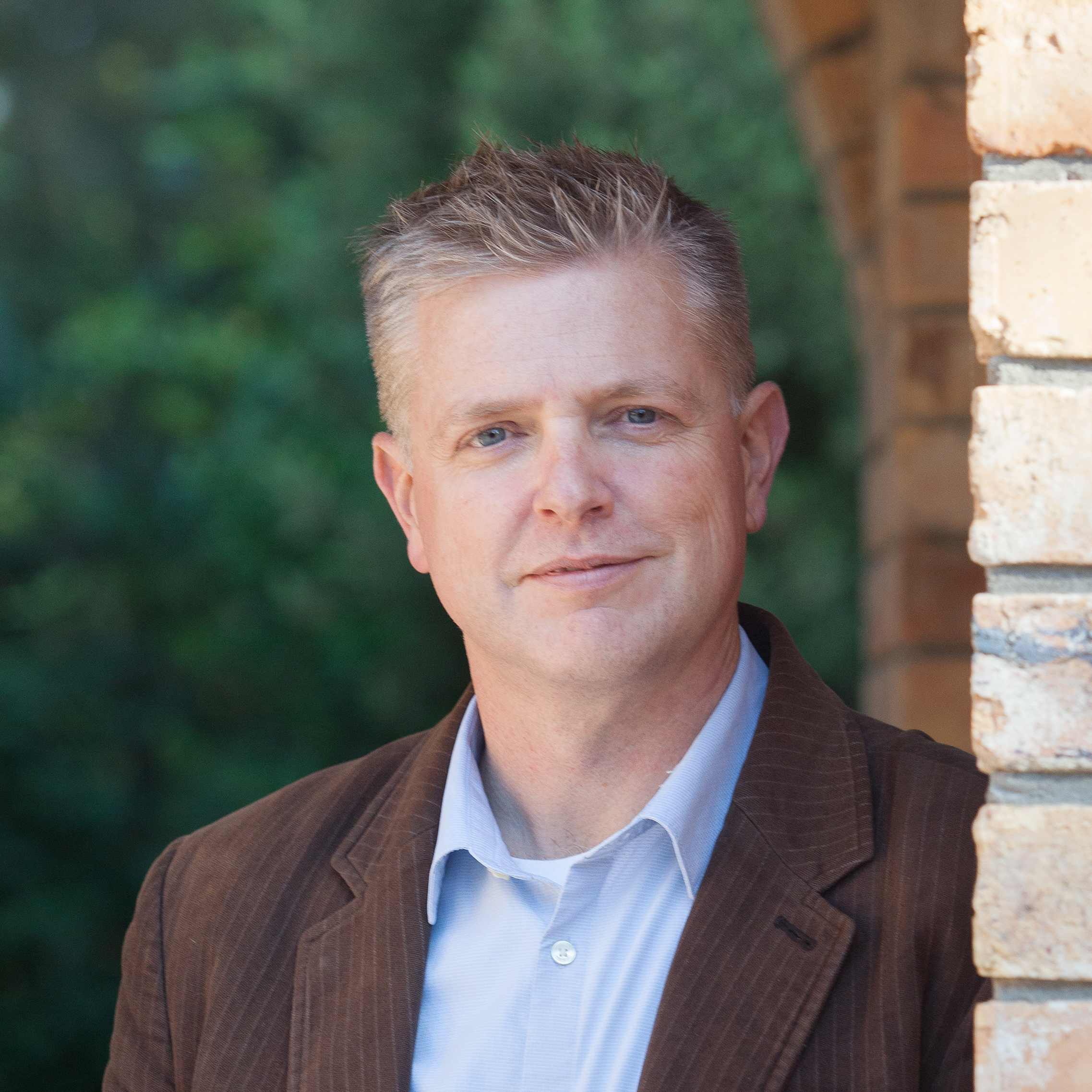
Future of Truth Fellow, 2019–20
Joseph Ulatowski
Joseph Ulatowski is Senior Lecturer in Philosophy and Director of the Experimental Philosophy Research Group at the University of Waikato, New Zealand. His research has focused on notional variants of the truth-concept, and he has employed empirical studies to uncover that there is more than one concept of truth employed by non-philosophers. A consequence of that research was Commonsense Pluralism about Truth: An Empirical Defence (Palgrave Macmillan, 2017).
Joseph’s current project explores the nature of facts, what they are, how we understand them, and why we value them. Scholars and journalists have lamented the obfuscation of facts in the cry of “Fake news!” and in the appeal to “alternative facts” without necessarily giving due consideration to an underlying assumption concerning our fidelity to facts. His book, Why Facts Matter: Pluralism about Facts in the Age of Fake News, aims to ameliorate that intellectual blind spot by confronting the legitimacy of misinformation, fake news, alternative facts, and chicanery and by arguing that facts matter precisely because of what our best philosophical understanding of facts is.
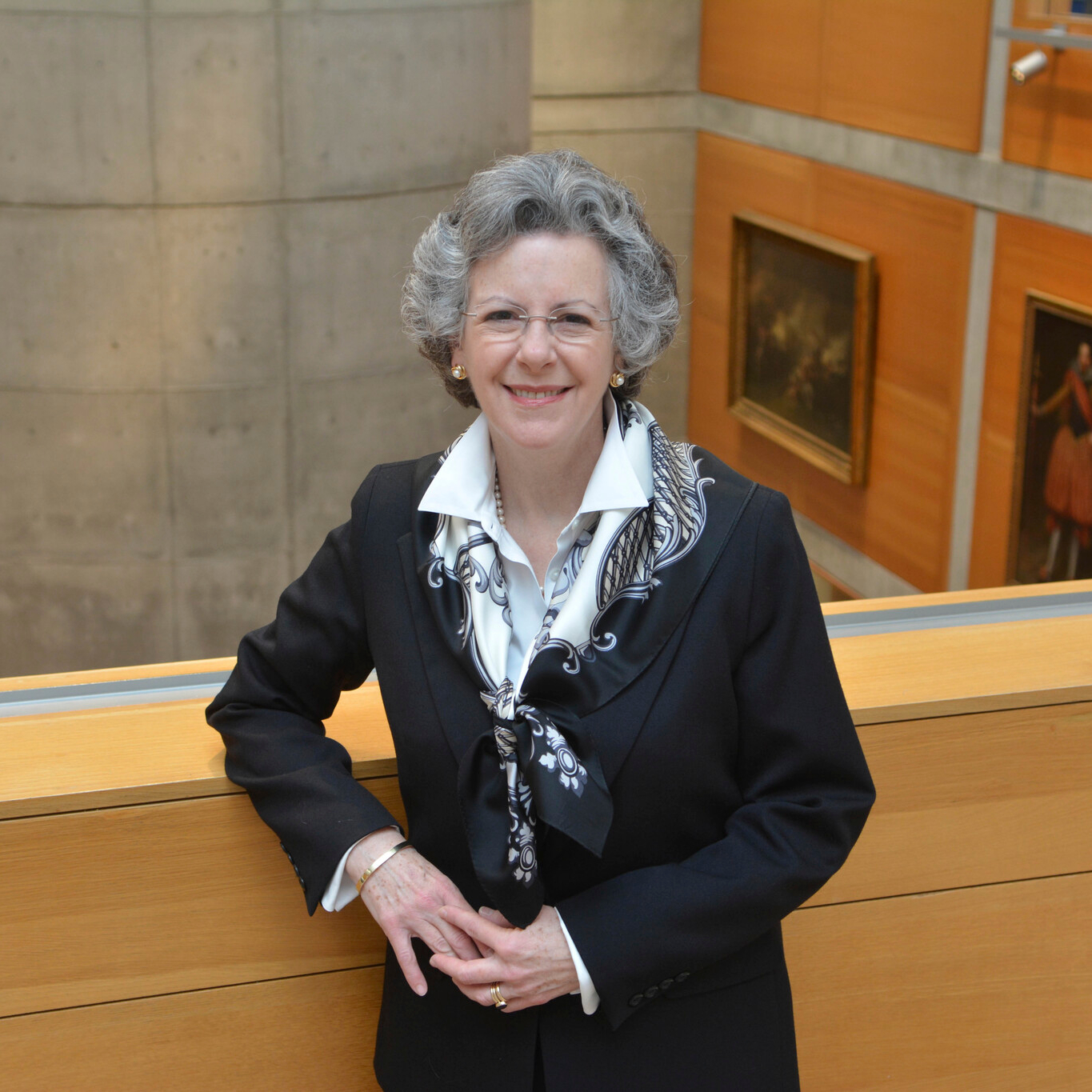
Amy Meyers, Yale Center for British Art, photo by Michael Marsland, Yale Office of Public Affairs and Communications
Future of Truth Fellow, 2020–21
Amy Meyers
Amy Meyers (Yale Ph.D., American Studies, 1985) retired from the directorship of the Yale Center for British Art in June of 2019. Prior to her appointment in July of 2002, she spent much of her career at research institutes, including Dumbarton Oaks; the Center for Advanced Study in Visual Arts at the National Gallery of Art, Washington, D.C.; and The Huntington Library, Art Museum, and Botanical Gardens, where she served as Curator of American Art from 1988 through June of 2002. Meyers also has taught the history of art at the University of Michigan, the California Institute of Technology, and Yale, where she was an affiliate of the History of Science and Medicine Program and an adjunct professor in the Department of the History of Art.
Meyers has written extensively on the visual and material culture of natural history in the transatlantic world, serving as editor of Knowing Nature: Art and Science in Philadelphia,1740 to 1840 (Yale University Press, 2011, with the assistance of Lisa Ford); with Harold Cook and Pamela Smith, Ways of Making and Knowing: The Material Culture of Empirical Knowledge (University of Michigan Press, 2011); with Therese O’Malley, The Art of Natural History: Illustrated Treatises and Botanical Paintings, 1400-1850 (National Gallery of Art, Studies in The History of Art Series, 2008); Art and Science in America: Issues of Representation (The Huntington, 1998); and, with Margaret Pritchard, Empire’s Nature: Mark Catesby’s New World Vision (University of North Carolina Press, 1998). She also has worked with colleagues to organize numerous international symposia in the field, including Curious Specimens: Enlightenment Objects, Collections, Narratives (London, 2010), Ways of Making and Knowing: The Material Culture of Empirical Knowledge (London, 2005); and ‘Curious in Our Way’: The Culture of Nature in Philadelphia, 1740 to 1840 (Philadelphia, 2004). With Therese O’Malley, Meyers currently is organizing an exhibition with the working title of William Bartram and the Origins of American Environmental Thought. The project, which will be the focus of her work as a fellow at the University of Connecticut Humanities Institute for the coming academic year, will place special emphasis on conceptions of the natural world that were at play in the Native American and African cultures that Bartram encountered on his explorations from the Carolinas through present-day Alabama. The exhibition will bring together for the first time a wide selection of Bartram’s extraordinary drawings to examine his integrated view of nature and the emergence of environmental thought in North America, from the colonial period through the first decades of the republic.
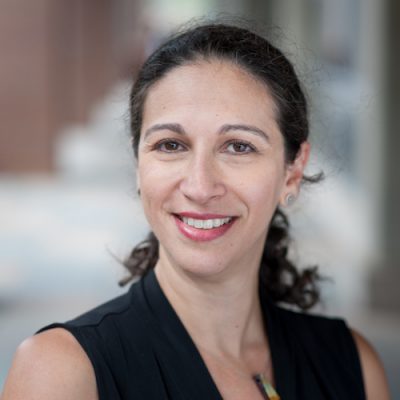
Future of Truth Fellow, 2021–22
Sarah S. Willen
Sarah S. Willen, PhD, MPH is Associate Professor of Anthropology at UConn and Director of the Research Program on Global Health and Human Rights at the university's Human Rights Institute. A former NIMH Postdoctoral Fellow in Global Health and Social Medicine at Harvard Medical School, she holds a PhD in Anthropology and an MPH in Global Health, both from Emory University. Willen's first book Fighting for Dignity: Migrant Lives at Israel Margins (University of Pennsylvania Press, 2019), which was supported by a 2013-14 Humanities Institute Fellowship, has won multiple awards. She has edited three books and five special journal collections and authored nearly 40 articles and book chapters on a wide range of topics including precarious migration, health and human rights, constructions of “deservingness,” the health impact of structural racism, health equity, dignity, and the pursuit of flourishing.
Willen is Principal Investigator of ARCHES | the AmeRicans’ Conceptions of Health Equity Study, an interdisciplinary, mixed-methods study of how people in the United States think about health, fairness, and social interconnectedness (funded by the Robert Wood Johnson Foundation), and Co-Founder of the Pandemic Journaling Project (PJP), a combined weekly journaling platform and research study about the lived impact of the COVID-19 pandemic. As a UCHI Future of Truth Fellow, she will launch a book project, tentatively titled, “Chronicling the Meantime,” that explores how PJP’s remarkably diverse community of journalers has used this unique online space to chronicle the impact of the pandemic on the warp and woof of everyday life—for their own purposes, and for posterity.
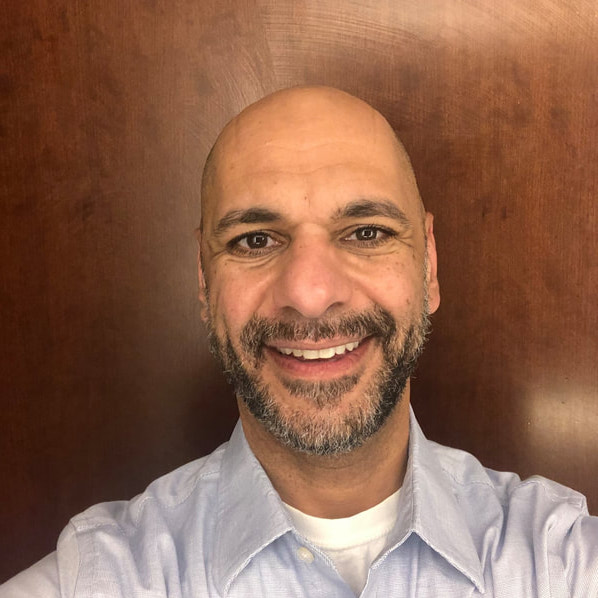
Future of Truth Fellow, 2022–23
Kareem Khalifa
Kareem Khalifa is a Professor of Philosophy at the University of California Los Angeles. His interests include general philosophy of science, philosophy of social science, and epistemology. He has published several articles discussing the nature of understanding, explanation, and modeling in scientific fields ranging from particle physics to cultural anthropology. In 2017, he published Understanding, Explanation, and Scientific Knowledge (Cambridge University Press) and received the Burkhardt Fellowship from the American Council of Learned Societies. He is currently in the early stages of two book projects, tentatively titled Race in the Social Sciences and Segregation and Social Inquiry: The Politics of Scientific Representation.
Core Participants
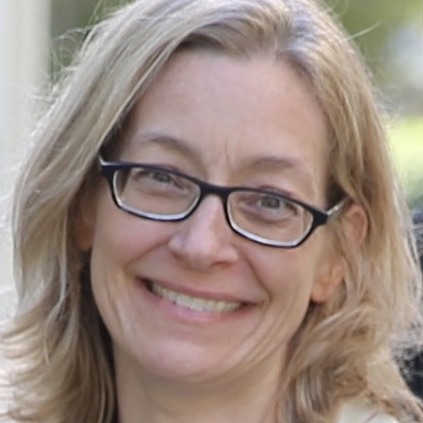
Professor of Philosophy
Heather Battaly
Heather Battaly specializes in epistemology, ethics, and virtue theory; is one of the leading researchers in the world on the concept of intellectual humility; and is a pioneer on the topic of epistemic vice. Her work influences research in philosophy, psychology and education on intellectual humility and the teaching of intellectual character traits. She has been co-Investigator for a Templeton grant and Principal Investigator for a Spencer grant; has received various awards from Cal State Fullerton for research and teaching; and is editor in chief of the Journal of Philosophical Research as well as an Associate Editor for the Journal of the American Philosophical Association.
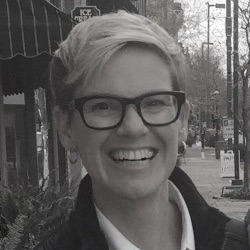
Professor of History
Micki McElya
Micki McElya received her B.A. in history from Bryn Mawr College in 1994 and a Ph.D. from New York University in 2003. Before joining the faculty of the University of Connecticut, she was an assistant professor of American Studies at the University of Alabama (2003-2008). McElya is currently an Organization of American Historians Distinguished Lecturer. Her recently published book, The Politics of Mourning: Death and Honor in Arlington National Cemetery was a Choice Outstanding Academic Title of 2017 and a finalist for the 2017 Pulitzer Prize for General Nonfiction. It was a co-winner of the 2018 John Brinckerhoff Jackson Book Prize from the Foundation for Landscape Studies, winner of the inaugural Sharon Harris Book Prize from UConn’s Humanities Institute, and finalist for the 2016 Jefferson Davis Book Award from the American Civil War Museum. McElya’s first book, Clinging to Mammy, won a 2007 Outstanding Book Award from the Gustavus Myers Center for the Study of Bigotry and Human Rights. She was named a “Top Young Historian” by the History News Network in 2008. View Micki's departmental website.
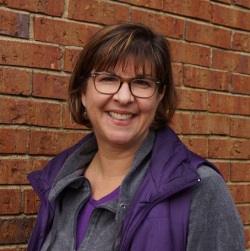
Professor of History and Maritime Studies
Helen M. Rozwadowski
Helen M. Rozwadowski is a professor of History and founder the Maritime Studies program at the University of Connecticut, Avery Point. She graduated from Williams College and received her M.A. and Ph.D. from the University of Pennsylvania in 1996. Her teaching includes environmental history, history of science, and public history, as well as interdisciplinary maritime studies courses.
Her latest book, Vast Expanses: A History of the Oceans (2018), demonstrates that the human relationship with the ocean began in evolutionary time and has tightened dramatically since them, aims to provide a model for writing ocean history, and argues that ocean histories must examine and historicize the technologies and knowledges systems that enabled and accompanied human interactions with the sea. Her book, Fathoming the Ocean: The Discovery and Exploration of the Deep Sea (2005), which reveals the simultaneous scientific and cultural discovery of the ocean’s depths in the mid nineteenth century, won the History of Science Society’s Davis Prize for best book directed to a wide public audience. She has written a history of 20th century marine science, The Sea Knows No Boundaries (2002), a history of 20th century marine sciences supporting international fisheries policy. She has co-edited three volumes that have helped establish the field of history of oceanography: Soundings and Crossings: Doing Science at Sea 1800-1970 (2017), The Machine in Neptune’s Garden: Perspectives on Technology and the Marine Environment (2004), and Extremes: Oceanography’s Adventures at the Poles (2007).
Rozwadowski has worked in the past both as a public historian and also in academia. She won the Ida and Henry Schuman Prize from the History of Science Society, was awarded the William E. & Mary B. Ritter Fellowship of the Scripps Institution of Oceanography, and has received grants and fellowships from the Rachel Carson Center for Environment and Society, the UConn Humanities Institute, National Endowment for the Humanities, National Science Foundation, and the Smithsonian Institution. View Helen's departmental website.
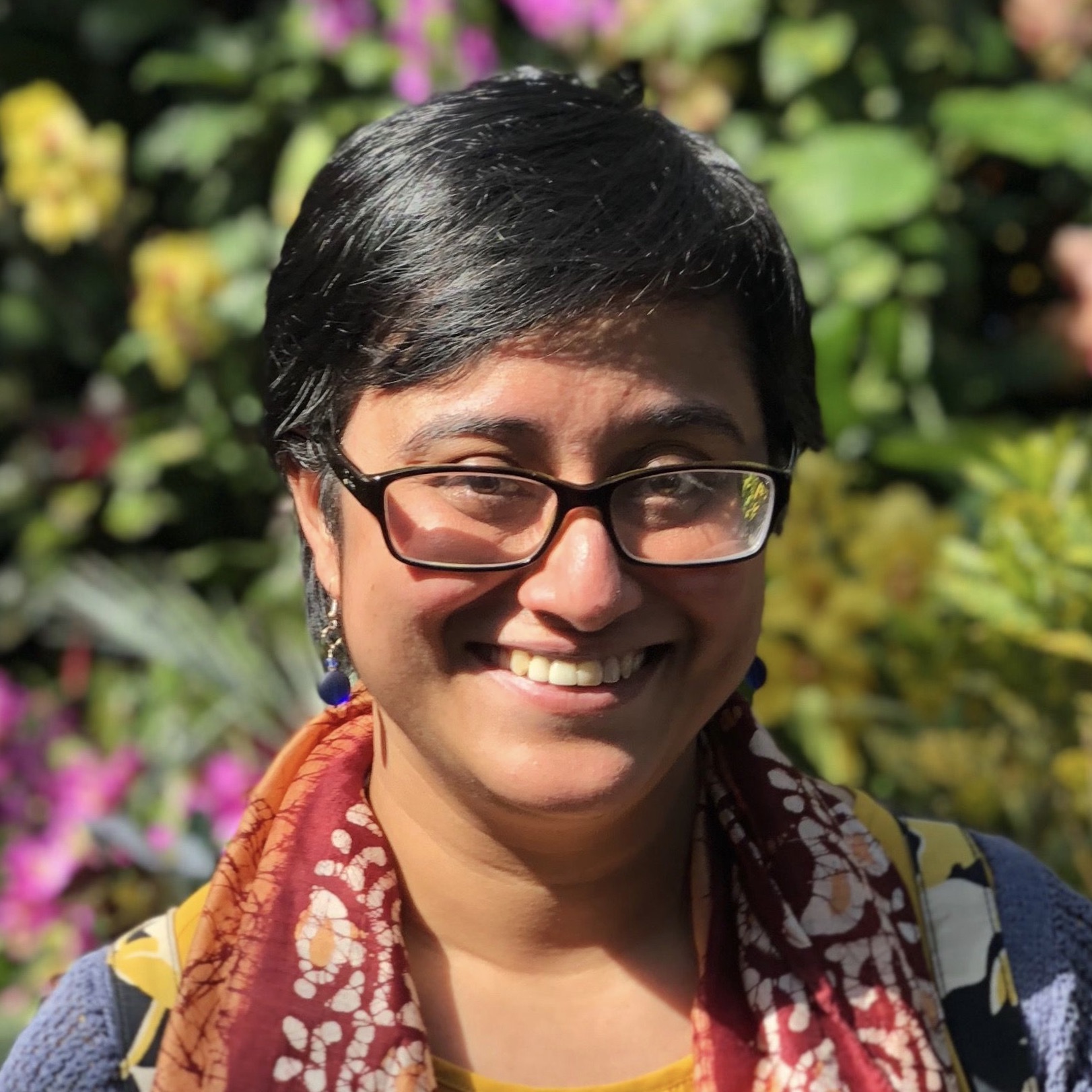
Assistant Professor of English and Maritime Studies
Debapriya Sarkar
Debapriya Sarkar is an Assistant Professor of English and Maritime Studies at the University of Connecticut. She received her Ph.D. in 2014 and was awarded the J. Leeds Barroll Dissertation Prize from the Shakespeare Association of America. Before coming to UConn, Sarkar taught at Hendrix College. Her research interests include early modern literature and culture, poetry and poetics, epic and romance, utopia and science fiction, history and philosophy of science, and environmental humanities. She is co-editing a special issue of Philological Quarterly called “Imagining Early Modern Scientific Forms,” and her work appears or is forthcoming in Shakespeare Studies, Spenser Studies, Exemplaria, and in several edited collections. Sarkar is currently completing her book manuscript, “Possible Knowledge: The Literary Forms of Early Modern Science.” View Debapriya's departmental website.